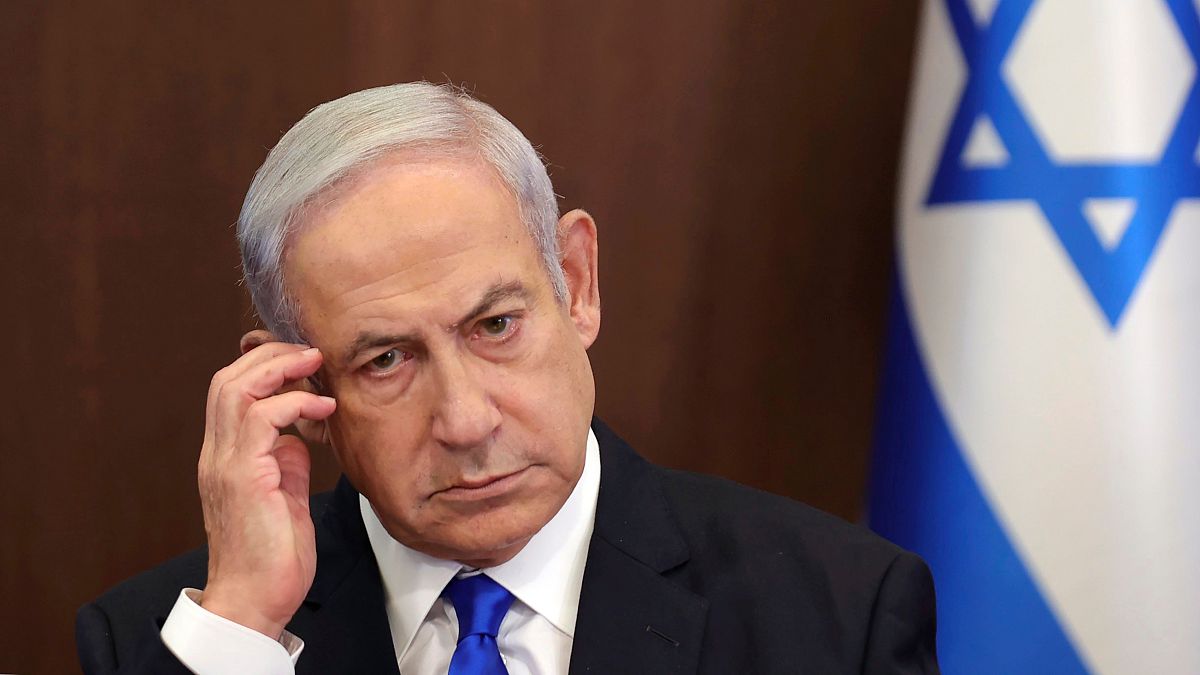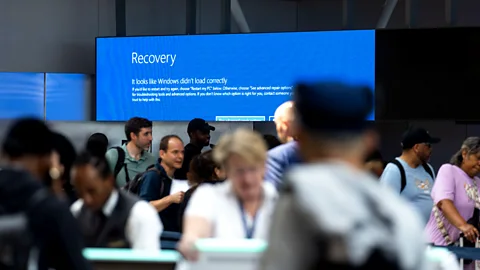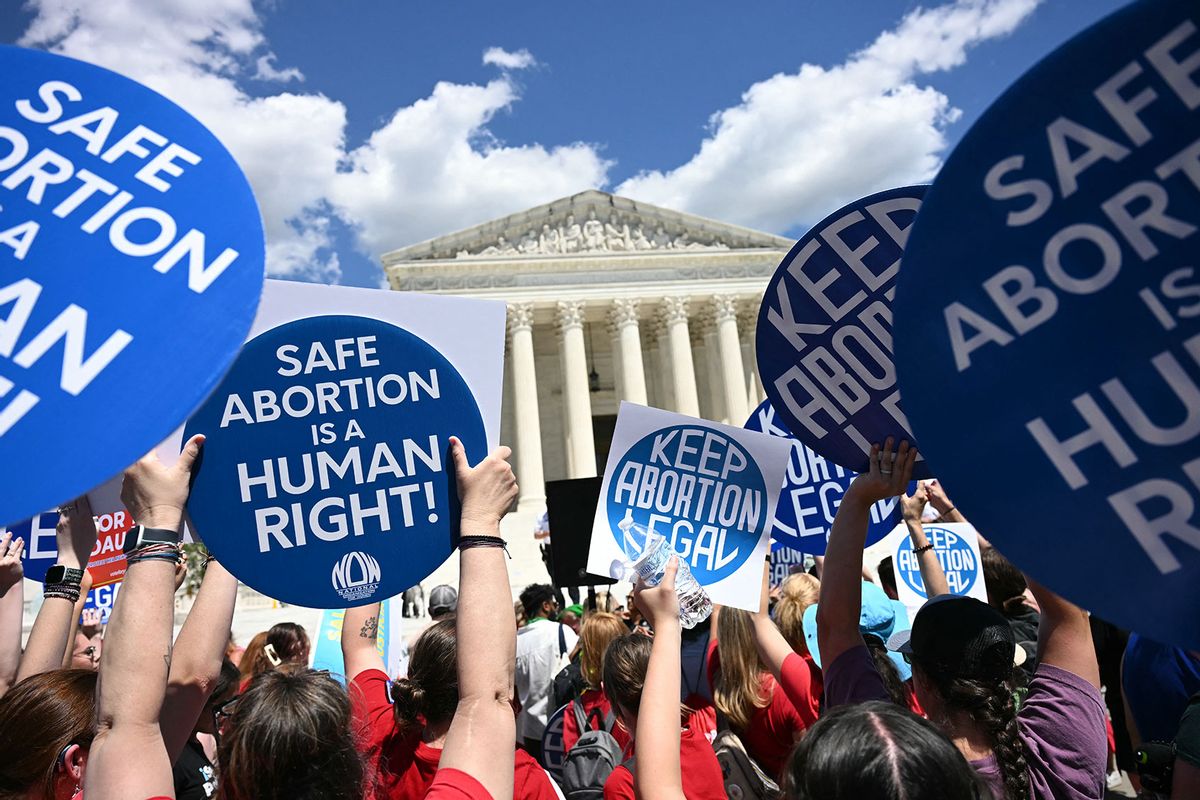UK reverses plans to challenge ICC arrest warrant request against Netanyahu

The Prime Minister's office said the decision is "based on a strong belief in the separation of powers and the rule of law, both domestically and internationally."
The UK will not intervene in the International Criminal Court's request for an arrest warrant against Israeli Prime Minister Benjamin Netanyahu, the office of British Prime Minister Keir Starmer said on Friday.
This announcement reverses the plans of former Prime Minister Rishi Sunak, who was ousted earlier this month after Keir Starmer's Labour Party won a landslide victory over the Conservatives.
“This was a proposal by the previous government which was not submitted before the election, and which I can confirm the government will not be pursuing in line with our long-standing position that this is a matter for the court to decide,” a Starmer spokesperson said.
The ICC's prosecutor, Karim Khan, accused Netanyahu, Defense Minister Yoav Gallant, and three Hamas leaders — Yehya Sinwar, Mohammed Deif and Ismail Haniyeh — of war crimes and crimes against humanity in the Gaza Strip and Israel.
Netanyahu and other Israeli leaders condemned the move as disgraceful and antisemitic. US President Joe Biden also criticised the prosecutor and supported Israel’s right to defend itself against Hamas — as did Sunak.
Khan sought warrants for Netanyahu and Gallant in May over Israel’s war in Gaza in a symbolic blow that deepened Israel’s isolation over the war in Gaza.
Israel is not a member of the court. Even if warrants are issued, Netanyahu and Gallant do not face any immediate risk of prosecution. However, the threat of arrest could complicate their ability to travel.
Starmer’s decision puts the UK at odds with US, though his office on Friday described the decision as based in a strong belief in the separation of powers and the rule of law domestically and internationally.
A challenging issue for Starmer and his party
Starmer, a former human rights lawyer, has faced pressure from his party to adopt a firmer stance on the Gaza crisis, especially as the death toll and number of injuries continue to rise.
London has also been the scene of huge protests decrying Israel’s actions intended to root out Hamas militants and has also reported record levels of antisemitic incidents.
Labour lost support and seats they were expected to win after Starmer initially declined to call for a ceasefire following Israel's retaliation for the October 7 attack by Hamas militants.
The party is still recovering from the fallout of a scandal involving antisemitism allegations against the leadership of Starmer’s predecessor, Jeremy Corbyn.
UK government drops challenge to ICC over
Israel arrest warrants
Saturday, July 27, 2024
The UK government will drop its challenge to arrest warrants sought by an ICC prosecutor for Israel’s prime minister Benjamin Netanyahu, Downing Street confirmed on Friday 26 July.
UK government drops challenge to ICC over Israel
Former prime minister Rishi Sunak’s government had told the International Criminal Court (ICC) it intended to submit a challenge to prosecutor Karim Khan’s request in May for arrest warrants for Netanyahu and his defence minister Yoav Gallant over alleged war crimes in Gaza.
The UK had until 26 July to submit its questions to the court in The Hague, but the recently elected Labour Party government has confirmed it will not follow through with Sunak’s plan.
A Downing Street spokeswoman said:
This was a proposal by the previous government which was not submitted before the election, and which I can confirm the government will not be pursuing in line with our long standing position that this is a matter for the court to decide on.
I think you would note that the courts have already received a number of submissions on either side, so they are well seized of the arguments to make their independent determinations.
Of course, Israel’s top ally the US is still set to challenge the court’s authority to issue arrest warrants against Netanyahu.
As well as Netanyahu and Gallant, Khan is also seeking warrants against top Hamas leaders Yahya Sinwar, Ismail Haniyeh and Mohammed Deif, on suspicion of war crimes and crimes against humanity.
If granted by ICC judges, any of the 124 ICC member states would technically be obliged to arrest Netanyahu and others if they travelled there. However, the court has no mechanism to enforce its orders.
More to be done
The UK is still allowing arms to be sold to Israel. However, Middle East Eye reported on 25 July that the government was expected to place some restrictions on sales.
However, right-wing lobby group the British Board of Deputies hit back. It said:
We are concerned that the cumulative effect of these announcements, in quick succession, signal a significant shift in policy, away from Israel being a key UK ally. This would not only be a strategic error but a moral one.
Reacting to Labour’s ICC decision, director of Palestine Solidarity Campaign Ben Jamal said:
Ben Jamal, PSC Director said,
We welcome the Government’s decision to drop the intervention mounted by Rishi Sunak’s Government, designed to prevent any move by the ICC to issue arrest warrants for Israeli leaders including Benjamin Netanyahu.
This intervention was based on spurious legal arguments that amounted to suggesting that Israeli leaders could never be held to account by the ICC for any action in Gaza, no matter how monstrous.
We thank all of those who lobbied the Foreign Secretary and MPs on this issue, including thousands who signed PSC’s e-action. We welcome the Government’s statement that it intends to fully respect the independence of the international courts and the rule of law.
Going forward this needs to translate into full support for the rulings of the ICC and the ICJ including those which call upon all third-party states not to continue to act in any way which risks aiding or abetting crimes under the Genocide Convention or supporting Israel’s illegal occupation of Palestinian territory.
As immediate first steps this requires an arms embargo and ban on trade with illegal Israeli settlements
UK ends challenge to ICC's jurisdiction over arrest warrant on Netanyahu
The British government has reversed its previous position and will no longer question the ICC's jurisdiction over war crimes cases involving Israeli officials.

Under the new leadership of Prime Minister Keir Starmer, Britain has stopped challenging the ICC's jurisdiction in the case against Israeli PM Netanyahu
Britain's new government has said it was dropping its predecessor's query of the International Criminal Court's (ICC) jurisdiction to issue an arrest warrant for Israeli Prime Minister Benjamin Netanyahu.
The ICC's chief prosecutor has requested warrants for Netanyahu and his defence minister, Yoav Gallant, on suspicion of war crimes, infuriating Israel and irritating its closest ally, the United States. He requested similar warrants for three leaders of the Palestinian resistance group Hamas.
Britain, an ICC member state, had asked the court to be allowed to file legal observations on whether the ICC could exercise jurisdiction over Israelis "in circumstances where Palestine cannot exercise criminal jurisdiction over Israeli nationals (under) the Oslo Accords".
But since then, the centre-left Labour Party has taken power from the Conservatives in an election, and Prime Minister Keir Starmer's spokesperson told reporters on Friday the new government would drop the query "in line with our long-standing position that this is a matter for the court to decide on".
"The government believes very strongly in the rule of law, both internationally and domestically, and the separation of powers."

Respect for international law
While the Conservatives frequently chafed against supranational jurisdictions during their 14 years in power, not least the European Union and the European Court of Human Rights, Starmer, a former lawyer, has struck a different tone.
Last week he told European leaders that his government would have a "profound respect for international law".
The ICC, which handles war crimes and crimes against humanity, has been investigating both sides in the conflict between Israel and the Palestinians since 2021.
In that year, the ICC ruled that it did have jurisdiction after Palestinian authorities signed up to the court in 2015, having been made a United Nations observer state.
Some scholars and member states said that the decision left a ruling on the interpretation of the 1993 Oslo Accords regarding Palestinian jurisdiction over Israeli nationals for a later stage in the proceedings.
The UK's decision to drop the legal challenge is unlikely to speed up the ICC case as over 60 other states and interested parties have also been allowed to give their legal arguments to judges mulling the request for arrest warrants for senior Israeli and Hamas officials.
Israel hits out at Starmer for dropping Britain's challenge to international arrest warrant for Netanyahu
26 July 2024,

Israel has criticised Britain for dropping its challenge to an international arrest warrant issued for Benjamin Netanyahu
A spokesperson for the Israeli government said that Labour had made a "fundamentally wrong decision" in deciding not to pursue the challenge at the International Criminal Court.
ICC prosecutor Karim Khan in May requested arrest warrants for Israeli prime minister Mr Netanyahu and defence minister Yoav Gallant over the war in Gaza.
Rishi Sunak's government had told the ICC it intended to submit arguments questioning whether the ICC had the right to order the arrest of Israeli nationals.
The Hague-based war crimes court gave the UK until Friday to decide whether it would do so.

A spokesperson for the new Labour government said on Friday that it would not submit an objection.
"This was a proposal by the previous government which was not submitted before the election, and which I can confirm the government will not be pursuing in line with our long standing position that this is a matter for the court to decide on," the spokesperson said.
They added that the government believes in the separation of powers and the rule of law - both in the UK and internationally.
"I think you would note that the courts have already received a number of submissions on either side, so they are well seized of the arguments to make their independent determinations," they said.

The war in Gaza has been a major issue for Labour, and its attitude in the early months of the conflict saw it lose support among some Muslim communities.
The party appears to have sought to remedy this in recent months, and also since winning the election.
Since entering government, Labour has restored funding to the United Nations' Palestine relief agency UNRWA, in a major shift from the stance of the previous government which had suspended funding in January.
Sir Keir has also stressed that a Palestinian state has an "undeniable right" to be recognised as part of a Middle East peace process.
Sacha Deshmukh, Amnesty International UK's chief executive, said: "This was a totally misguided intervention by the last government and we strongly welcome the decision to drop it.
"Instead of trying to thwart the ICC's much-needed Palestine investigation, the UK should be backing efforts to bring all perpetrators of war crimes and possible genocide to justice."
Hannah Bond, co-chief executive of ActionAid UK, said: "We're pleased to see the new government abandon the legal challenge to the International Criminal Court's case.
"The court must be free to pursue the course of justice unhindered and the UK government must support it in doing so, as well as respect and comply with whatever the ultimate outcome of the case may be."
But Labour Friends of Israel described the Government's move as "deeply disappointing".
In a statement on X, the group said "there is no reason to believe" that Israel's courts would not investigate this case and the ICC chief prosecutor "has chosen quite deliberately not to provide it (Israel) with that opportunity".
"The British Government's desire to defend international law is laudable but its decision today is deeply disappointing and will not advance that goal," the group added.
Palestine hails decision by UK to drop objection to ICC war-crime warrant for Netanyahu
Palestinian Foreign Ministry says decision by British government 'realization of justice'
Ahmed Asmar |26.07.2024
RT / AA
ANKARA
The Palestinian Foreign Ministry on Friday welcomed the decision by the British government to withdraw its objection to the International Criminal Court (ICC) arrest warrant for Israeli Prime Minister Benjamin Netanyahu and Defense Minister Yoav Gallant.
In a statement cited by the official Palestinian news agency Wafa, the ministry described the British government decision as a "realization of justice."
It also hailed the UK decision to uphold human rights and international law and a human rights-first foreign policy, affirming that such position will enhance cooperation between Palestine and the UK in the coming days.
The UK on Friday said that it would not proceed with efforts to question whether the ICC has jurisdiction to issue arrest warrants for Netanyahu and Gallant, according to local media.
This decision came after the ICC Prosecutor Karim Khan announced in May that he had requested arrest warrants for Netanyahu and Gallant over war crimes.
Court documents made public in June revealed that Britain, an ICC member state, had initially filed a request to provide written observations on whether the court could exercise jurisdiction over Israeli nationals, given that Palestine cannot exercise criminal jurisdiction over Israeli nationals under the Oslo Accords.
According to The Guardian newspaper, Prime Minister Keir Starmer’s spokesperson confirmed that the previous government had not submitted its proposal before the July 4 election.
"On the ICC submission… I can confirm the government will not be pursuing (the proposal) in line with our longstanding position that this is a matter for the court to decide on,” UK Prime Minister Keir Starmer’s spokesperson told reporters.
Israel, flouting a UN Security Council resolution demanding an immediate cease-fire, has faced international condemnation amid its continued brutal offensive on Gaza since an Oct. 7 attack by Hamas.
Nearly 39,200 Palestinians have been killed, mostly women and children, and over 90,400 injured, according to local health authorities.
Over nine months into the Israeli onslaught, vast tracts of Gaza lie in ruins amid a crippling blockade of food, clean water, and medicine.
Israel is accused of genocide at the International Court of Justice, which ordered it to immediately halt its military operation in the southern city of Rafah, where more than 1 million Palestinians had sought refuge from the war before it was invaded on May 6.
*Writing by Ahmed Asmar











